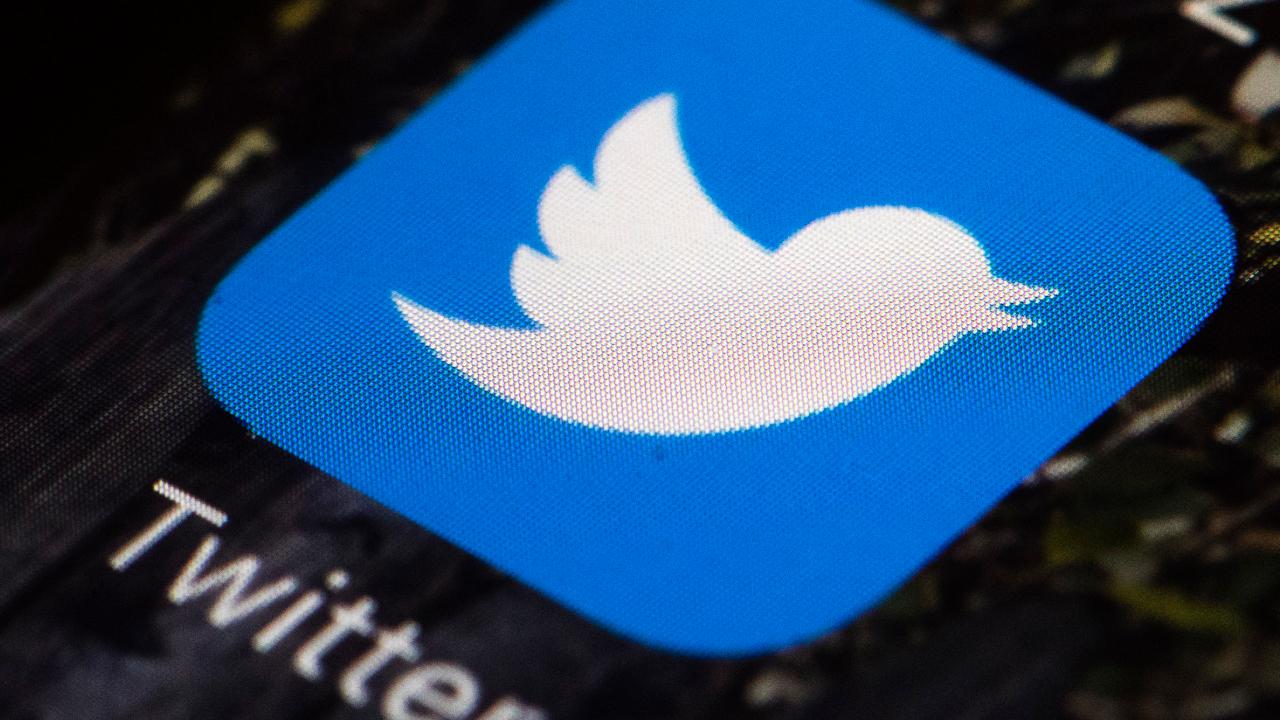Justice Department to propose limiting Internet firms' protections
Justice Department proposal is a legislative plan that would have to be adopted by Congress
WASHINGTON -- The Justice Department is set to propose a roll back of legal protections that online platforms have enjoyed for more than two decades, in an effort to make tech companies more responsible in how they police their content, according to a Trump administration official.
The department's proposed reforms, to be announced as soon as Wednesday, are designed to spur online platforms to be more aggressive in addressing illicit and harmful conduct on their sites, and to be fairer and more consistent in their decisions to take down content they find objectionable, the official said.
SOCIAL MEDIA COMPANIES DISTRUSTED BY MOST AMERICANS ON CONTENT DECISIONS: POLL
The Justice Department proposal is a legislative plan that would have to be adopted by Congress.
The move represents an escalation in the continuing clash between the Trump administration and big tech firms such as Twitter Inc., Alphabet Inc.'s Google unit and Facebook Inc.

Last month, President Trump signed an executive order that sought to target the legal protections of social media companies, responding to concerns among some conservatives about alleged online censorship by the platforms. The executive order sought to impose limits on legal immunity for social-media firms when they are deemed to unfairly curb users' speech, for instance by deleting their posts or suspending their accounts
The legislative changes to be proposed by the Justice Department address some of the same types of concerns, but also extend more broadly, seeking to strip civil immunity afforded to tech firms in a range of other circumstances, the administration official said.
The department's proposal, for instance, would remove legal protections when platforms facilitate or solicit third-party content or activity that violates federal criminal law, such as online scams and trafficking in illicit drugs. The department also wouldn't confer immunity to platforms in instances involving online child exploitation and sexual abuse, terrorism or cyberstalking. Those carve-outs are needed to curtail immunity for internet companies to allow victims to seek redress, the official said.
The Justice Department also will seek to make clear that tech platforms don't have immunity in civil enforcement actions brought by the federal government, and can't use immunity as a defense against antitrust claims that they removed content for anticompetitive reasons.
The sweeping protections now enjoyed by tech firms were established by Congress in the internet's early days, through a provision known as Section 230 of the Communications Decency Act of 1996. Under that law, tech platforms are generally not legally liable for actions of their users, except in relatively narrow circumstances. Internet platforms also are given broad ability to police their sites as they see fit under the current law.
Those protections would be scaled back in significant ways under the Justice Department's proposal, which seeks, in essence, to prevent platforms from taking down content without offering reasonable rules and explanations -- and following them consistently. It also would make platforms more responsible for third-party content in other areas such as online commerce.
4 REPUBLICAN SENATORS PUSH FCC TO ACT ON TRUMP'S SOCIAL MEDIA 'CENSORSHIP' ORDER
The proposal's restrictions on platforms' content-moderation practices would be extensive.
For instance, the department will propose to strike from federal law a provision that allows platforms to delete content that they merely deem to be "objectionable."
The proposal also would give some teeth to an existing "good faith" standard that platforms are supposed to use in their content-moderation decisions. The aim would be to require platforms to adhere to their terms of service as well as their public claims about their practices. Platforms also would have to provide reasonable explanations of their decisions.
GET FOX BUSINESS ON THE GO BY CLICKING HERE
Section 230's broad protections have drawn increasing criticism from both the right and the left in recent years. Many critics contend the protections are outdated and no longer needed in an age of internet giants.
For their part, the tech companies contend that Section 230 is fundamental to the internet economy's smooth functioning.
Some lawmakers -- including House Speaker Nancy Pelosi of California -- have begun weighing rollbacks of Section 230. A bipartisan group of senators currently is pushing legislation encouraging internet firms to take special steps to block online child sexual exploitation to have full protection.
READ MORE ON FOX BUSINESS BY CLICKING HERE
Mr. Trump's executive order focused on encouraging more action to curb Section 230 by federal regulators, including the Federal Communications Commission and the Federal Trade Commission. It also seeks to convene a working group of state attorneys general to look into complaints by users.
As expected, the order was quickly challenged in federal court by an online rights group; that challenge remains pending.




















